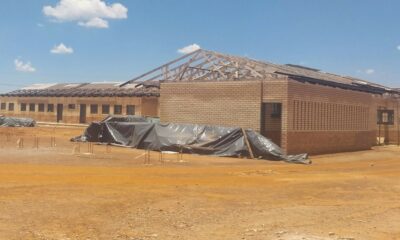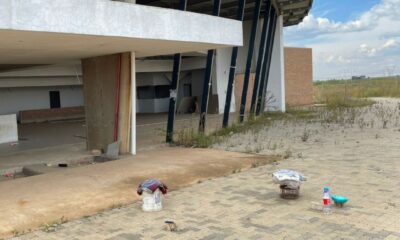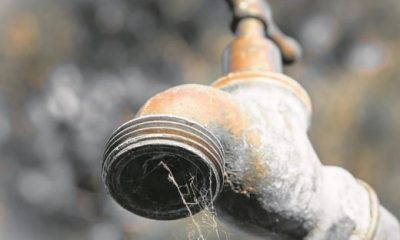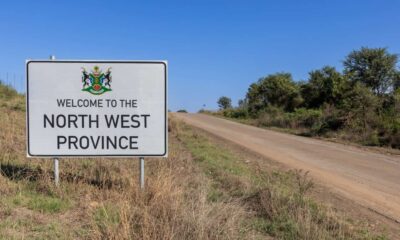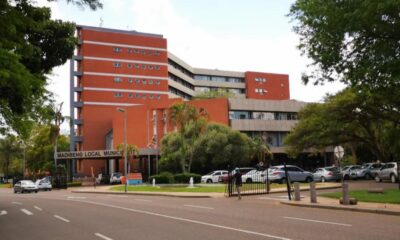News
R400 Billion Infrastructure Backlog Haunts Struggling Municipalities
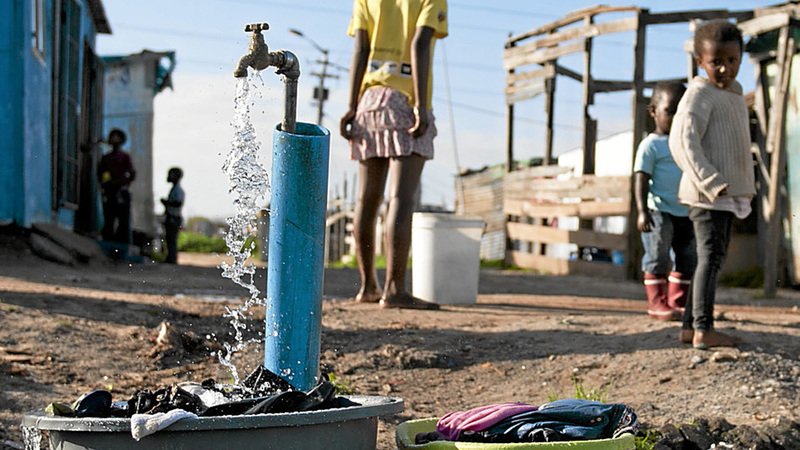
R400 Billion Infrastructure Backlog Haunts Struggling Municipalities
A recent estimate by the Department of Water & Sanitation (DWS) places the infrastructure backlog across South Africa’s municipalities at roughly R400 billion, shedding light on the depth of the challenge facing service delivery in many towns and cities.
What is the backlog about
Municipalities are expected to maintain and expand infrastructure water pipelines, sanitation, roads, stormwater systems, water treatment plants, and pumping stations, among others. However, decades of underinvestment, insufficient maintenance, rising demand, and declining municipal revenue have left many infrastructure systems failing or overstretched.
The R400 billion refers to what the DWS sees as the estimated cost to bring all necessary infrastructure within struggling municipalities up to acceptable standards.
Local impact: What it means for residents
-
Service interruptions: Frequent water shortages, sewage spillages, and burst pipes in many towns.
-
Health risks: Poor sanitation or broken treatment plants lead to waterborne diseases.
-
Economic costs: Local businesses suffer when roads are bad or water is unreliable.
-
Inequality deepens: Rural and historically disadvantaged municipalities are hit hardest.
What the government and experts are saying
The DWS has reportedly called for urgent prioritisation of vulnerable municipalities those that are lowest performing in service delivery.
Experts suggest a few steps:
-
Targeted funding packages that tie money to specific performance and accountability.
-
Public-private partnerships where feasible.
-
Empowering local municipalities with capacity-building, technical support, and oversight.
-
Transparent prioritisation so that the worst-off communities get attention first.
What needs to happen now
To reduce the R400 billion deficit, a combination of political will, financial investment, and strong implementation is needed. Key components:
-
A clear, phased roadmap: identifying priority municipal areas, infrastructure types, and timelines.
-
Accountability mechanisms: regular audits, community monitoring, and consequences for non-delivery.
-
Innovation and modern materials: using more efficient, cost-effective solutions for roads, water, and sanitation.
-
Improved planning and coordination with other government departments to ensure alignment in infrastructure development.
{Source: EWN}
Follow Joburg ETC on Facebook, Twitter , TikTok and Instagram
For more News in Johannesburg, visit joburgetc.com

